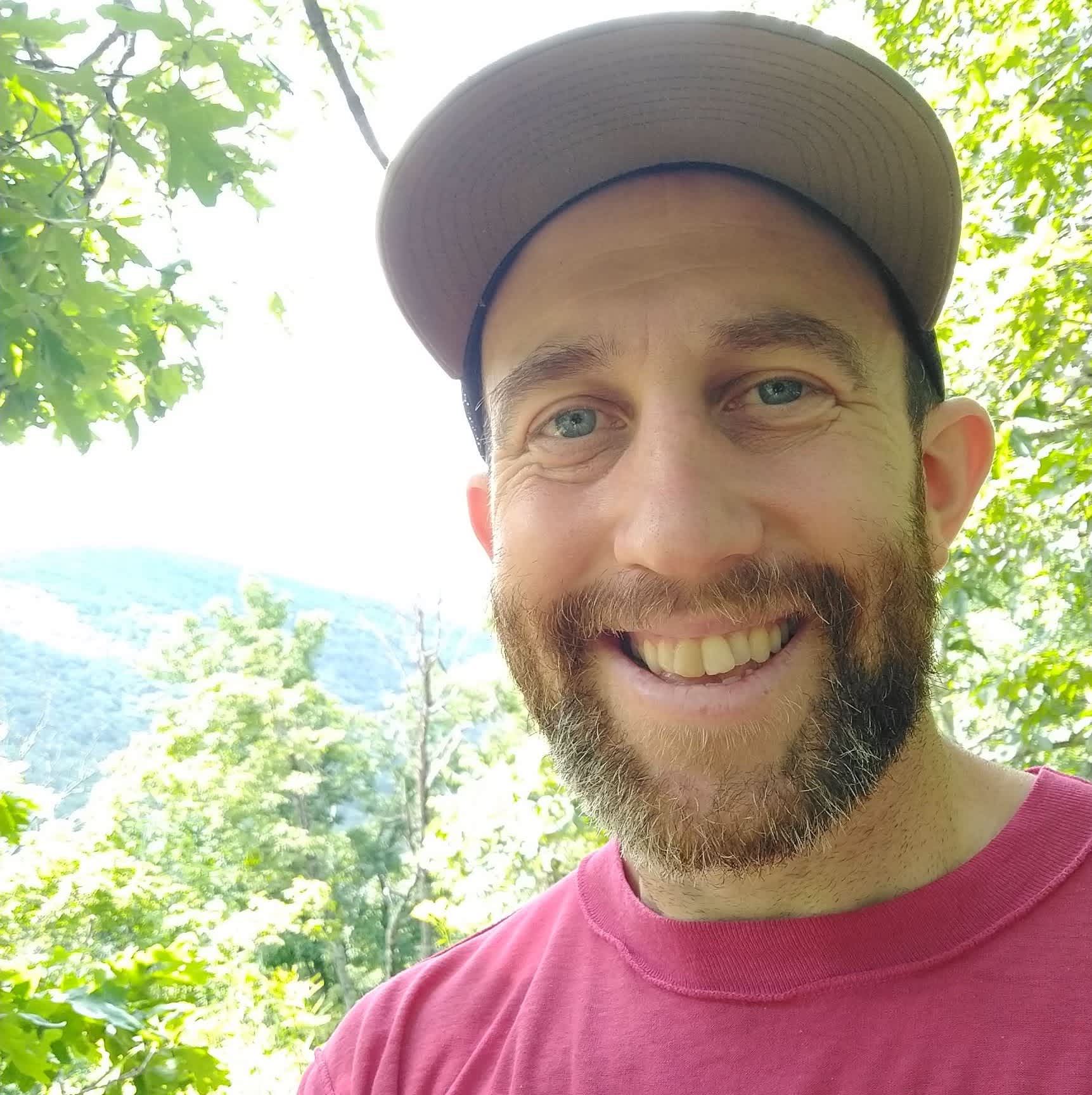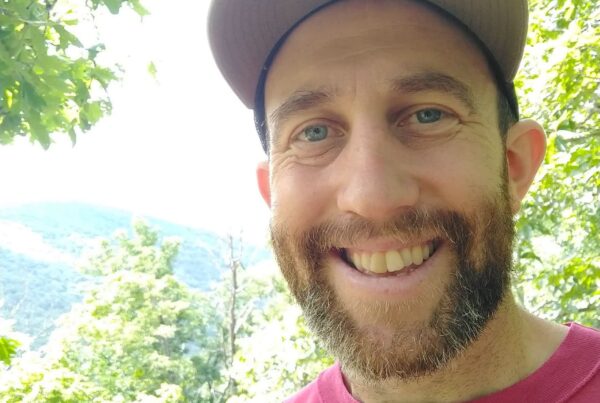By Chris Wolf
“Even
After
All this time
The Sun never says to the Earth,
“You owe me.”
Look
What happens
With a love like that,
It lights the whole sky.”
― Hafiz
In the last couple of weeks I’ve been coming up against some well practiced habits in myself that are getting in the way of achieving some more long term and ambitious goals. These patterns are longstanding challenges like procrastination, avoidance and focusing on short term tasks rather than incremental progress on long range projects. Doing it differently is hard, especially if the old ways have worked out in the past; and honestly, even if the old ways haven’t worked particularly well. So often we seem to choose what we already know even when it’s ineffective, “better the devil you know” and all that. The old ways allow us to survive – that’s why they have persisted. However as our context evolves, many times these old habits can get in the way. It brings to mind a Maya Angleou quote: “My mission in life is not merely to survive, but to thrive; and to do so with some passion, some compassion, some humor, and some style.”
As I’ve been coming up against this dynamic in myself of going down the well-worn but ineffective paths, I’ve been thinking about how Springhouse is a response to the well-worn but ineffective paths in education, courageously doing it differently. It takes a lot to choose a new way that might lead to thriving – the courage to look at what’s happening (within and without), the courage to experiment, to try something, even if it might not be the perfect alternative; the courage to trust ourselves, our community and something greater.
When it comes to doing it differently in pursuit of individual and collective thriving, it’s essential that we take it on holistically, so that includes the financial sphere. It can be tricky to discern what is actually meaningful change that helps bring our structures and actions into alignment with our vision and values, and what is actually more of a superficial change, the equivalent of rearranging the furniture in a house with a lopsided foundation. In some ways we are already doing it differently in the realm of money – no set tuition or fees, budget transparency, making donations to other nonprofits, and human conversations to help determine contributions and gather feedback. On the other hand, while we’ve used language about decoupling financial contributions from program participation, when we lay out our estimated program costs and offer price comparisons, functionally we are still operating in the old fee-for-service paradigm. There’s some deeper change necessary for us to align with the intention to move beyond the tit-for-tat, “you owe me” paradigm. It’s not obvious what that deeper change is going to look like, but I’m guessing that when it presents itself, we are going to need to call on that courage to face the likely resistance (inner and outer) to a radically different way.
In mentoring conversations around my own challenges to embrace new ways, it’s been important to remember what is and is not within my power. Both at the personal and organizational level, it’s less about “figuring it out” and more about showing up, doing our best, and trusting that so long as we do our part in the fullness of time, life will reveal what’s needed.

